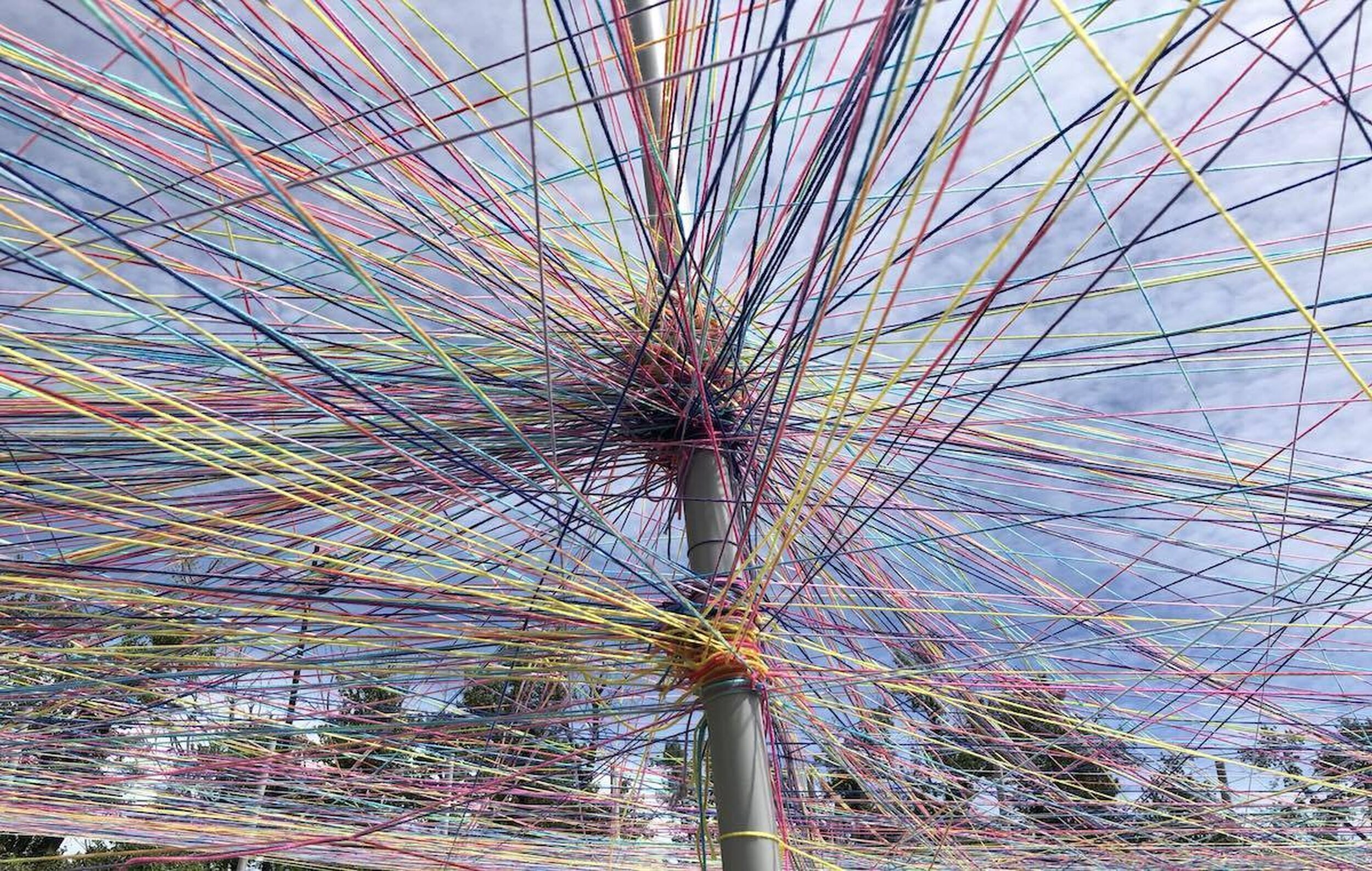
The Unity Project in June. Photo: Jeremy Klaszus
Let’s complicate the narrative
Journalism as usual won’t cut it.
Last week, flying back from Toronto (more on that in a bit), I read this lengthy investigation by American journalist and Atlantic contributing editor Amanda Ripley.
Then I read it again.
It's all about how journalists often end up intensifying toxic political conflicts, despite good intentions. "As politicians have become more polarized, we have increasingly allowed ourselves to be used by demagogues on both sides of the aisle, amplifying their insults instead of exposing their motivations," writes Ripley.
"Again and again, we have escalated the conflict and snuffed the complexity out of the conversation."
This is precisely what I worry about heading into Alberta's 2019 provincial election. Journalism as usual won't cut it. We can see that from what's happened, and continues to happen, in America and Ontario.
It's happening here, too. You can see it in the raft of recent news stories about the UCP anti-carbon tax rally that failed to mention the impacts of climate change, connecting even the most basic of dots.
But—and here's where it gets tricky—even connecting the dots isn't enough. It's not enough to lay out facts and expect everyone to respond rationally, and then get frustrated when they don't.
Why? Because humans, all of us, behave irrationally, Ripley notes. And when we feel threatened, we double down—and our brain actually functions differently.
"It’s impossible to feel curious, for example, while also feeling threatened," she writes.
"In this hypervigilant state, we feel an involuntary need to defend our side and attack the other. That anxiety renders us immune to new information. In other words: no amount of investigative reporting or leaked documents will change our mind, no matter what."
So. What to do?
Getting at deeper truths
Ripley studied this for months and came away with this advice for journalists: complicate the narrative. Embrace complexity. Amplify contradictions.
"First, complexity leads to a fuller, more accurate story," she writes. "Secondly, it boosts the odds that your work will matter—particularly if it is about a polarizing issue."
Ripley says journalists can learn from psychology and specifically from conflict mediation, which gets at the motivations and deeper truths that lie hidden beneath conflicts.
When people encounter complexity, they become more curious and less closed off to new information. They listen, in other words.
Of late, I keep running into this theme everywhere I turn.
In recent weeks I've met with numerous freelancers and others in Calgary. The conversation always seems to come around to the same thing: the stories beneath the surface. The subjects we don't talk about, ranging from race and class to social isolation.
The daily frustrations and possibilities that don't make the news because they're not immediately sensational.
In these conversations, stories don't fit into tidy polarized categories of liberal/conservative or suburban/urban. They are more complex than that.
These conversations have reinforced for me that the problems we face are fundamentally human—and so are the solutions.
Avoiding the easy path
This brings us to the future of The Sprawl.
Last week, The Sprawl secured $100,000 in funding through the Digital News Innovation Challenge (DNIC), a collaboration between the Facebook Journalism Project and the DMZ at Ryerson University. We were one of five Canadian media startups in the incubation program, which began in May, and the only one west of Ontario.
So far, the DNIC funds have allowed us to build a website, expand our team and grow our crowdfunding, which we rely on to be sustainable. Now that we have the full $100K allotment, we also have a robust freelance budget—and a big window of opportunity.
As I look ahead, the easy path for The Sprawl is to cater to a certain (mostly progressive) audience, glomming onto every controversy and milking it for retweets and, yes, Patreon pledges.
But I know this is a cheap way out. It's a way of avoiding the real task at hand.
That task is far more daunting: how can we complicate the narrative in our city and province? How can we deepen public discourse and create hopeful, open conversations in a world that's closing up in fear?
This is far more messy than a feedback loop among people who more or less agree with each other.
We need to find ways to help our audiences leave their foxholes and consider new ideas.
Frankly, I don't have easy answers to the questions I've posed above, but I know that these questions are core to what lies ahead for The Sprawl.
To this end, I'm heading to NYC in early November for training from the Solutions Journalism Network on precisely this. It's a two-day conflict mediation workshop specifically for journalists who want to complicate the narrative in their communities. I'll join a small, focused group of about 25 other journalists.
Together we'll learn from Ripley and conflict mediation professionals, focused on this question: "What if journalists covered hot-button issues differently—based on how humans actually behave when they are polarized and suspicious?"
I'm eager to listen and learn and bring these lessons back to Calgary.
And I look forward to creating more journalism that doesn't succumb to the hopelessness of our present moment, but points to solutions and empowers Calgarians instead.
Jeremy Klaszus is editor-in-chief of The Sprawl.
If you value journalism that complicates the narrative, please sign up as a monthly supporter of The Sprawl! Ours is a crowdfunded, ad-free, made-in-Calgary model. Join the 500+ Calgarians who support The Sprawl!
Support independent Calgary journalism!
Sign Me Up!The Sprawl connects Calgarians with their city through in-depth, curiosity-driven journalism. But we can't do it alone. If you value our work, support The Sprawl so we can keep digging into municipal issues in Calgary!




